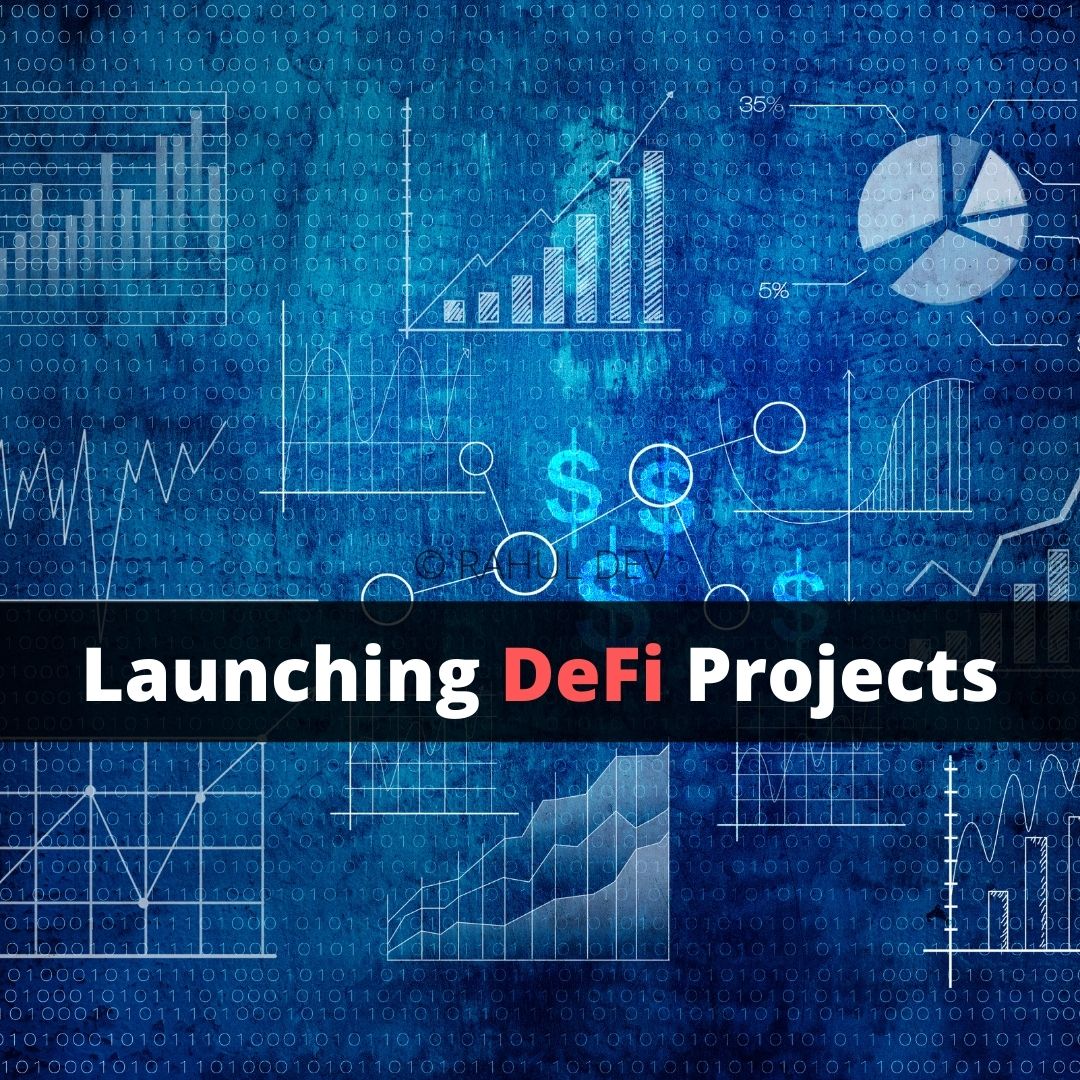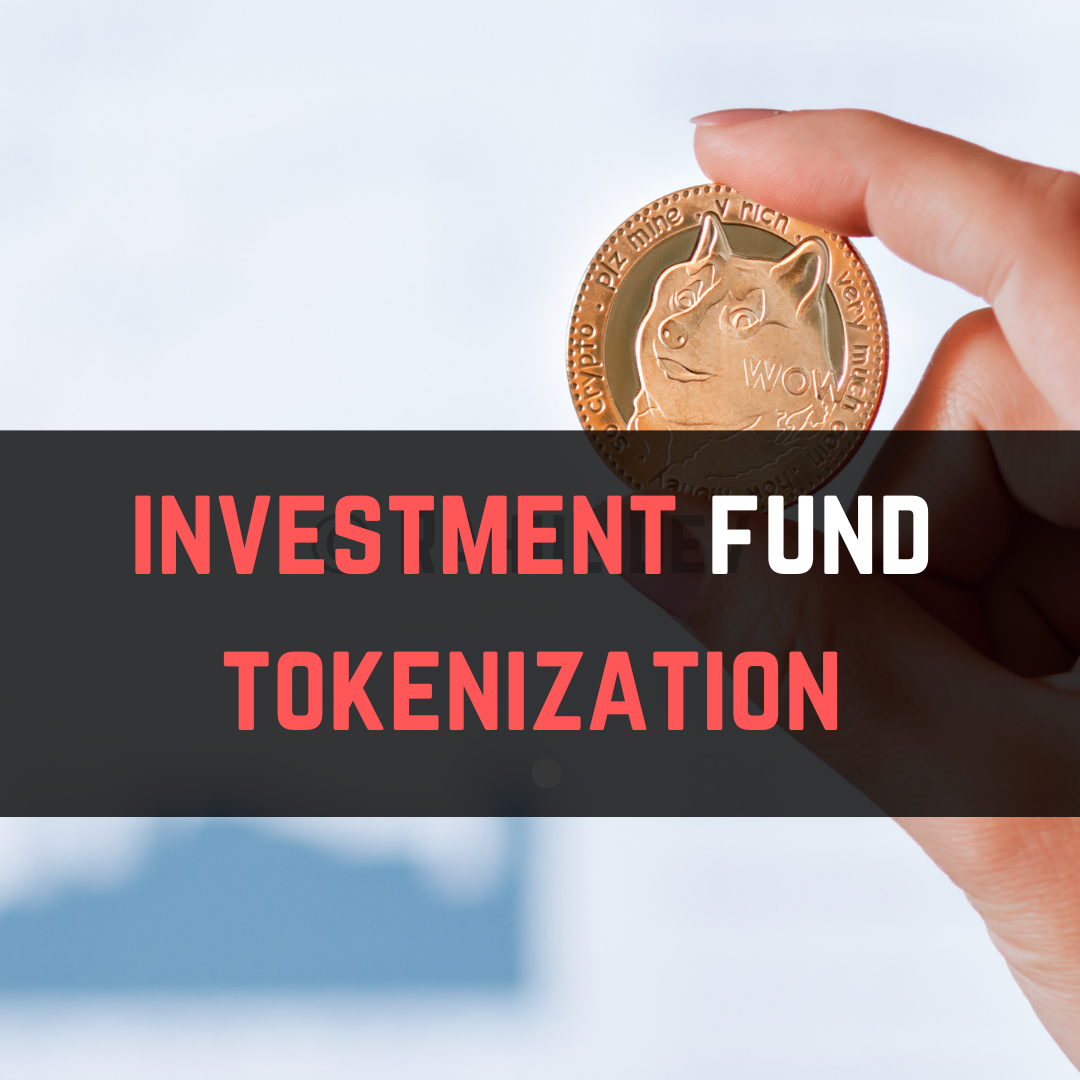
Decentralized Finance or DeFi indicate latest trends to launch cryptocurrency projects by using decentralized networks. While launching DeFi crypto projects, business owners need to ensure appropriate due diligence when it comes to laws and regulations, including legal opinion for utility tokens. Decentralized Finance carries several advantages compared to conventional online financial services. Through the usage of smart contracts and decentralized networks, deploying an online financial service or application becomes less complicated and safe. Through this way of implementation, there is no need for large institutions to invest in order to get it made available to millions of consumers, and it also allows for users to experiment with the new financial market without the fear of their capital being misused.

The decentralized finance projects that are springing up across the globe are creating a revolution in the global economy. Through the Internet, users around the world can swap money with each other using a simple application that is designed and built upon smart contract technology. These applications enable users to transact with each other based on mathematically secured smart contract protocols. With this type of service, the need for large financial institutions to get involved in the currency exchange process is not needed because the ecosystem is self-managing and self-regulating through the use of decentralized networks. In order to participate in the currency exchange market, users require open-closing and liquid collateral, otherwise known as collateral, to place their trades and buy the products they want.
However, with decentralized networks, the need for large institutions to get involved in the process of trading commodities is unnecessary because the system is self-managing and self-regulating through its use of open protocols. Users can easily enter the marketplace with little or no knowledge of the underlying protocols, and the protocol that they enter is based on their interest rate and the collateral they have chosen to place in their trades. Therefore, this type of financing system is much more convenient that provides utility benefits and secure than conventional lending institutions, which requires large investments as collateral.
Since DeFi Projects do not contain intermediaries that control financial transactions they are built on complex codes and are prone to errors. These errors can provide dangerous parties easy access to important information that helps them steal finds. For instance, the threat faced by the DeFi protocol SushiSwap costing USD 10,000 and USD 15000.
The present dialogue on peer-to-peer exchange systems has been controlled by the use case of Bitcoin and other altcoins and their prospective usage by malicious actors. The DeFi Protocol in question must be built on a database that records all transactions, updates them accordingly, and provides them to relevant stakeholders without the risk of alteration. The risk posed can allow a malicious party to access the singular source of data and influence the market to their profit. One prominent example of this is the Oracles Protocol which has a higher possible source of systemic risk and their data feeding part is susceptible to manipulation.
DeFi Projects largely rely on distinct Blockchains and they leverage techniques from mathematics and computer science (cryptography) to sign each transaction with a distinctive digital signature belonging to the user who begun the transaction. Thus a user must analyze the project thoroughly to understand how any transaction is finalized.
The blockchains that operate the DeFi protocols characteristically have a native digital asset. The asset’s price performance with the subsidiary blockchain is likely to impact the cost of the holdings sealed in a DeFi protocol. While this can lead to profitable returns, it is also likely that there are losses. Hence, appropriate due diligence is necessary for DeFi projects.
Our team of advanced patent attorneys assists clients with patent searches, drafting patent applications, and patent (intellectual property) agreements, including licensing and non-disclosure agreements.
Advocate Rahul Dev is a Patent Attorney & International Business Lawyer practicing Technology, Intellectual Property & Corporate Laws. He is reachable at rd (at) patentbusinesslawyer (dot) com & @rdpatentlawyer on Twitter.
Quoted in and contributed to 50+ national & international publications (Bloomberg, FirstPost, SwissInfo, Outlook Money, Yahoo News, Times of India, Economic Times, Business Standard, Quartz, Global Legal Post, International Bar Association, LawAsia, BioSpectrum Asia, Digital News Asia, e27, Leaders Speak, Entrepreneur India, VCCircle, AutoTech).
Regularly invited to speak at international & national platforms (conferences, TV channels, seminars, corporate trainings, government workshops) on technology, patents, business strategy, legal developments, leadership & management.
Working closely with patent attorneys along with international law firms with significant experience with lawyers in Asia Pacific providing services to clients in US and Europe. Flagship services include international patent and trademark filings, patent services in India and global patent consulting services.
Global Blockchain Lawyers (www.GlobalBlockchainLawyers.com) is a digital platform to discuss legal issues, latest technology and legal developments, and applicable laws in the dynamic field of Digital Currency, Blockchain, Bitcoin, Cryptocurrency and raising capital through the sale of tokens or coins (ICO or Initial Coin Offerings).
Blockchain ecosystem in India is evolving at a rapid pace and a proactive legal approach is required by blockchain lawyers in India to understand the complex nature of applicable laws and regulations.
Read About Patent FIling Guide



